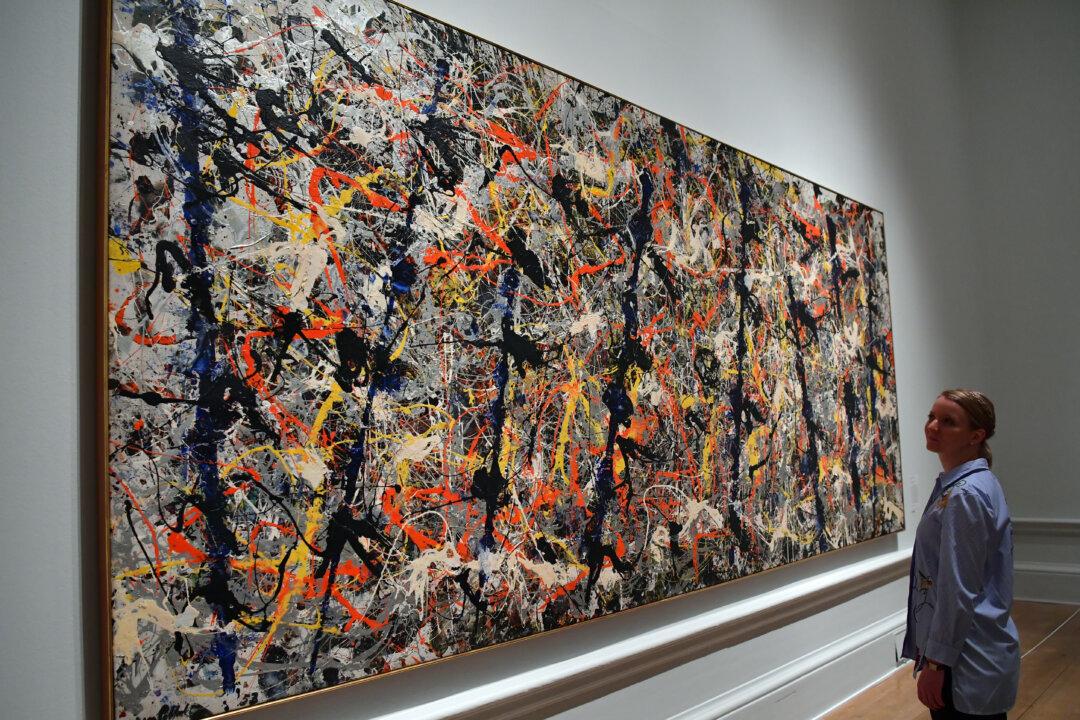Commentary
I live in a fairly close-knit neighborhood of about 100 houses. While we are friendly with one another, we have always practiced “social distancing” with other neighborhoods for the simple reason that we are cut off from them by water on one side, tidal marshes on the others.





